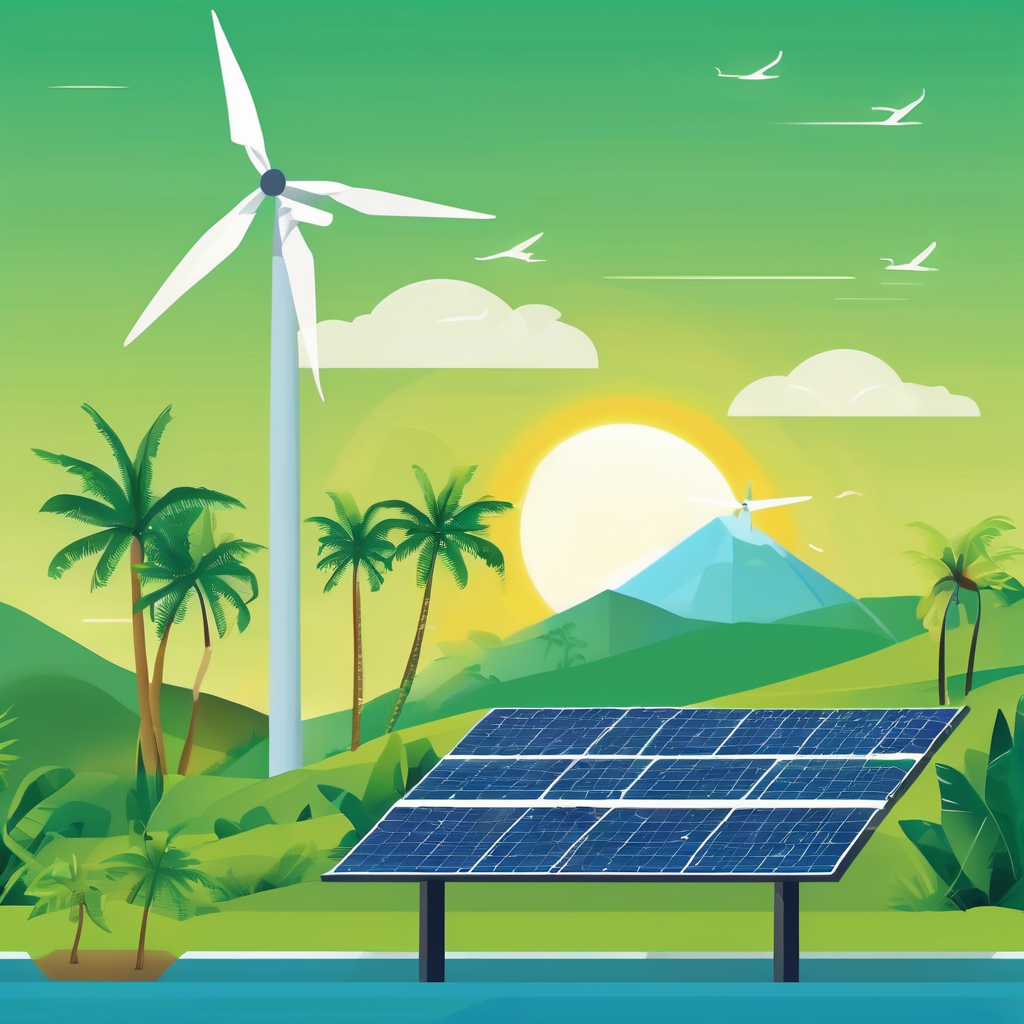The Government of Samoa, facilitated by the Ministry of Natural Resources and Environment, has successfully conducted the validation workshop for its Third Nationally Determined Contribution (NDC 3.0), underscoring Samoa’s leadership in global climate action. Building upon the nation’s first and second NDCs from 2015 and 2021, this new iteration aims to bolster national efforts under the Paris Agreement, aligning with Samoa’s sectoral strategies and development goals to protect communities from climate risks.
During the workshop, the Chief Executive Officer of MNRE, Lealaisalanoa Frances Brown-Reupena, highlighted NDC 3.0 as a “shared vision for a resilient, low-carbon Samoa.” Despite Samoa’s minimal contribution to global emissions, accounting for less than 0.01%, its leadership in advancing a credible climate strategy plays a significant role in international negotiations. The outcomes of Samoa’s actions aim to reverberate across the Pacific, sending a clear message about the universality of climate ambition.
The national stocktake preceding the validation workshop showcased significant progress across multiple sectors. Key developments were noted in renewable energy, positioning Samoa on track to achieve 70% renewable energy utilization by 2031. This includes initiatives like solar installations, energy audits, and biogas systems. In the transport sector, efforts are underway to introduce electric vehicles alongside a national clean mobility strategy.
Samoa’s forestry sector also achieved a 1.63% increase in forest cover, supported by extensive community-led agroforestry programs. Adaptation measures are concurrently enhancing resilience across agriculture, fisheries, health, and infrastructure sectors. Nevertheless, challenges such as data transparency for emissions tracking and financing shortages persist.
The lessons from previous exercises directly influenced Samoa’s NDC 3.0, which emphasizes scaling up renewable energy, bolstering sustainable transport, and expanding nature-based solutions for ecosystem protection. Crucially, it ensures that climate finance benefits frontline communities most affected by climate impacts.
The workshop also initiated national consultations for the forthcoming COP30, engaging diverse sectors including government bodies, communities, and the private sector, as Samoa prepares for the global negotiations in Brazil. Brown-Reupena stressed the urgency of climate justice and the need for decisive action from major emitters to ensure the survival of small island states by maintaining global temperature rise below 1.5°C.
The Ministry of Natural Resources and Environment extends its appreciation to partners like the UNDP Climate Promise and others for their support, reiterating Samoa’s commitment to fostering climate resilience, meeting ambitious targets, and continuing to serve as a vocal advocate for urgent collective action on the global stage.
By consolidating this ambitious NDC 3.0, Samoa solidifies its role as a Pacific leader, setting an exemplary standard for climate ambition and resilience while advocating for comprehensive solutions through international cooperation.
